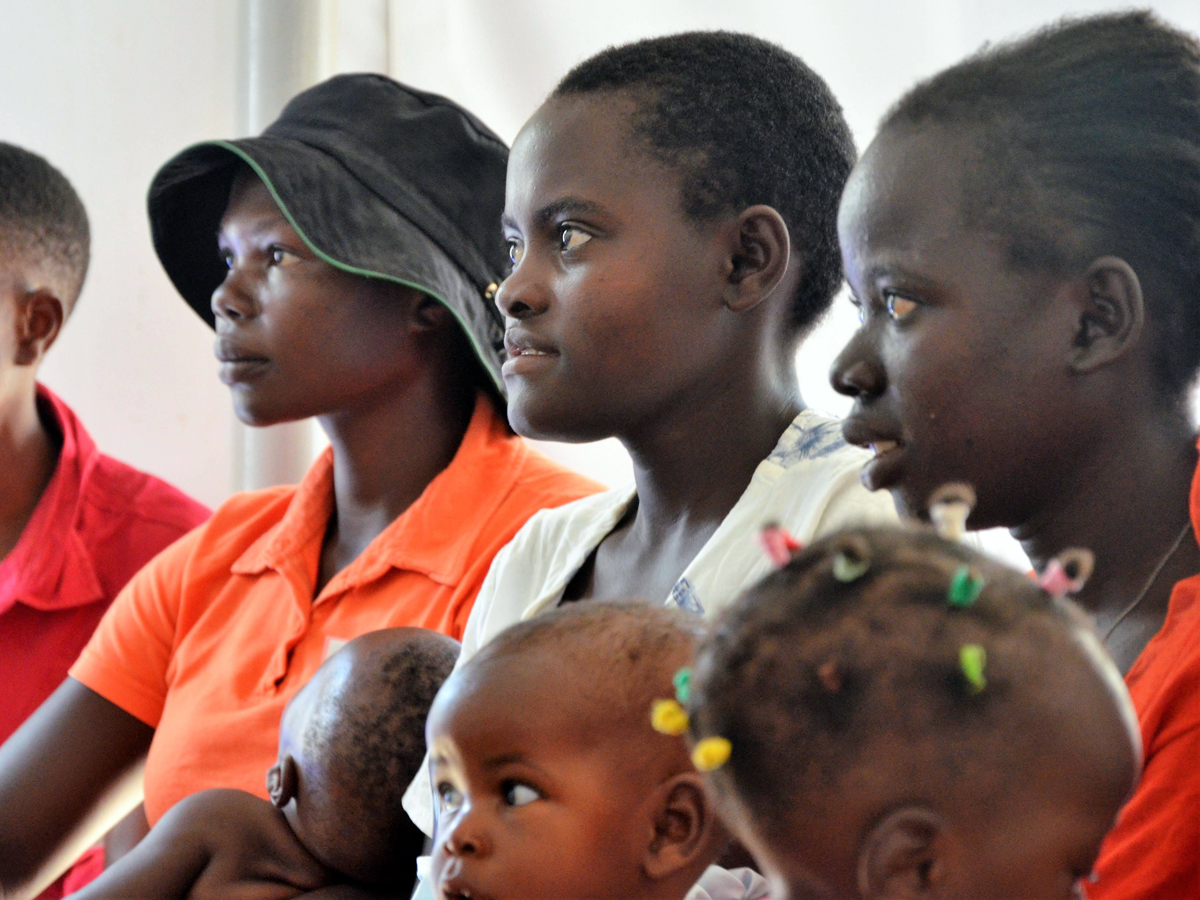In its work to champion the use of Pre-Exposure Prophylaxis (PrEP) as a key strategy to protect the health of women and in the prevention of mother-to-child HIV transmission, ICAP held a learning forum to share findings on the current barriers and drivers to the use of PrEP by pregnant and breastfeeding women across four African countries: eSwatini, Kenya, Mozambique, and South Africa. These findings were the culmination of multi-country stakeholder sessions which brought together the distinct voices and experiences of in-country experts in HIV prevention and treatment, and maternal and child health.
Despite the known effectiveness and growing uptake of PrEP in other at-risk populations, PrEP is not routinely offered to women during antenatal and postnatal services—despite evidence that women are at higher risk for HIV acquisition during pregnancy and breast feeding and that babies born to mothers with acute HIV infection are at very high risk for HIV infection. Though not a standalone solution to reducing the risk of HIV infection, more widespread provision of PrEP to this population will complement established prevention and treatment programs to reduce HIV infection among women and infants.
To learn more about the use of PrEP for pregnant and breastfeeding women in countries hit hard by the HIV epidemic, ICAP held four virtual discussions during February and March 2020 with 35 stakeholders in eSwatini, Kenya, Mozambique and South Africa, including various ministries of health, donor agencies, implementing partners, CDC field offices, and public health researchers.
“Often as providers we are challenged to reach the groups who would benefit from PrEP, like sex workers, people who inject drugs, and men who have sex with men,” observed Julie Franks, PhD, a senior research associate in ICAP’s Clinical and Training Unit who helped facilitate these discussions, “They may be reluctant to engage with us because they fear stigma or unwelcome interaction with law enforcement. They may not even realize that they are at risk for HIV.”
In contrast pregnant and breast-feeding women tend to reach out for health care, Franks added. “Thus, antenatal and postnatal care represents a precious opportunity to engage women in an ongoing discussion about the benefits of PrEP and help them make an informed choice about their best HIV prevention options.”
Through the guided discussions, participants shared their insights into the drivers of and barriers to the use of PrEP and identified opportunities to increase access to PrEP for this vulnerable population. These discussions were part of global dialogues to inform the President’s Emergency Plan for AIDS Relief (PEPFAR) interagency community of practice for PrEP. ICAP’s contribution to this work was funded by the U.S. President’s Emergency Plan for AIDS Relief (PEPFAR), through the Centers of Disease Control and Prevention (CDC).Insights from these discussions were collated in a final report and disseminated in an interagency webinar with over 350 attendees from more than 50 organizations working in global health. In its final presentation, ICAP shared common themes and actionable recommendations based on its stakeholder discussions and advocated for the use of antenatal and postnatal services as a platform to prevent HIV infection in pregnant and breastfeeding women and their infants.
“The high rate of incident HIV infection among adolescents and young women and the link to new child infections is especially alarming” said principal investigator Elaine Abrams. “Through these focused discussions, ICAP hopes to draw attention to the special needs of this population so that implementing organizations can more effectively promote PrEP as a safe and effective part of maternal health care.”








